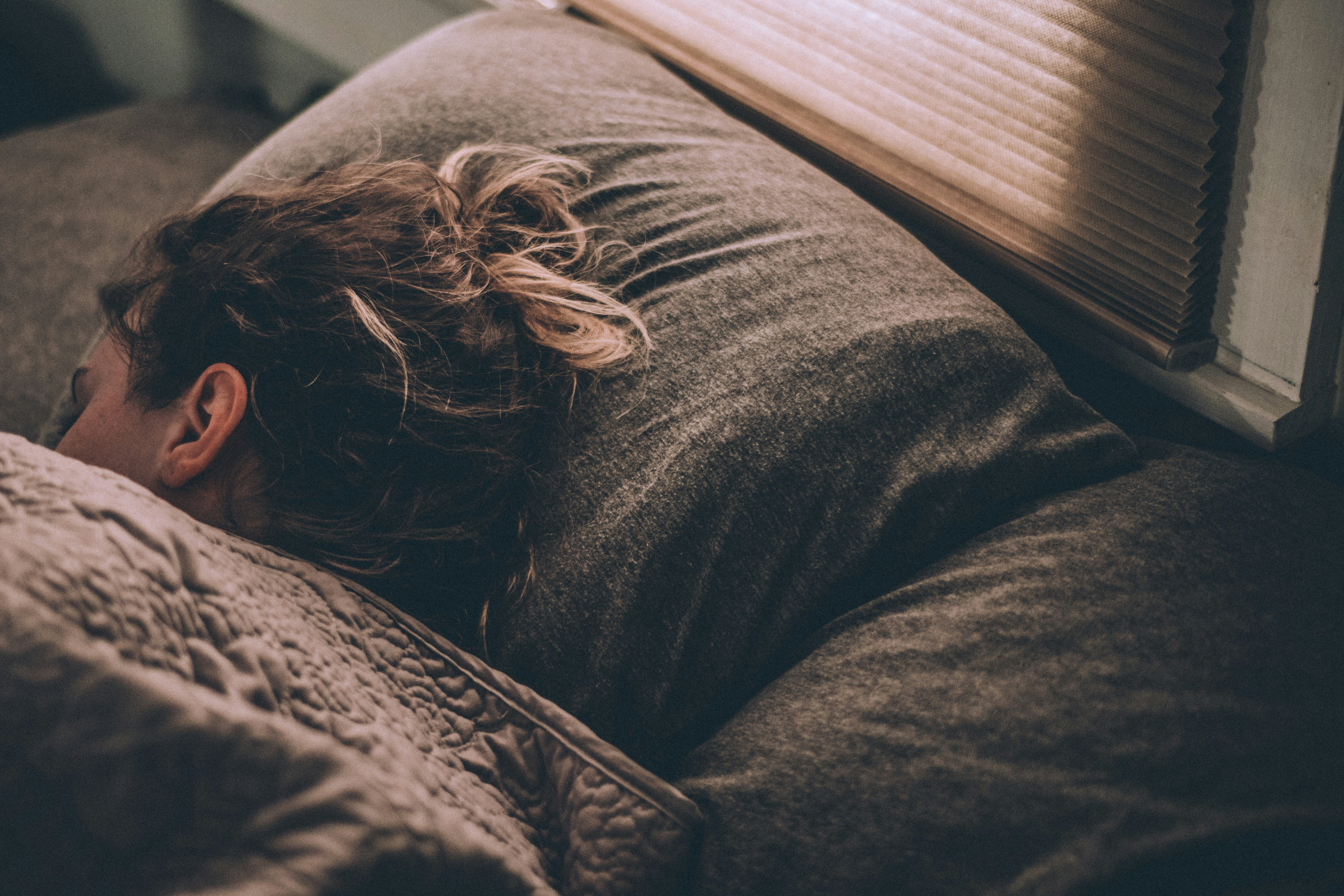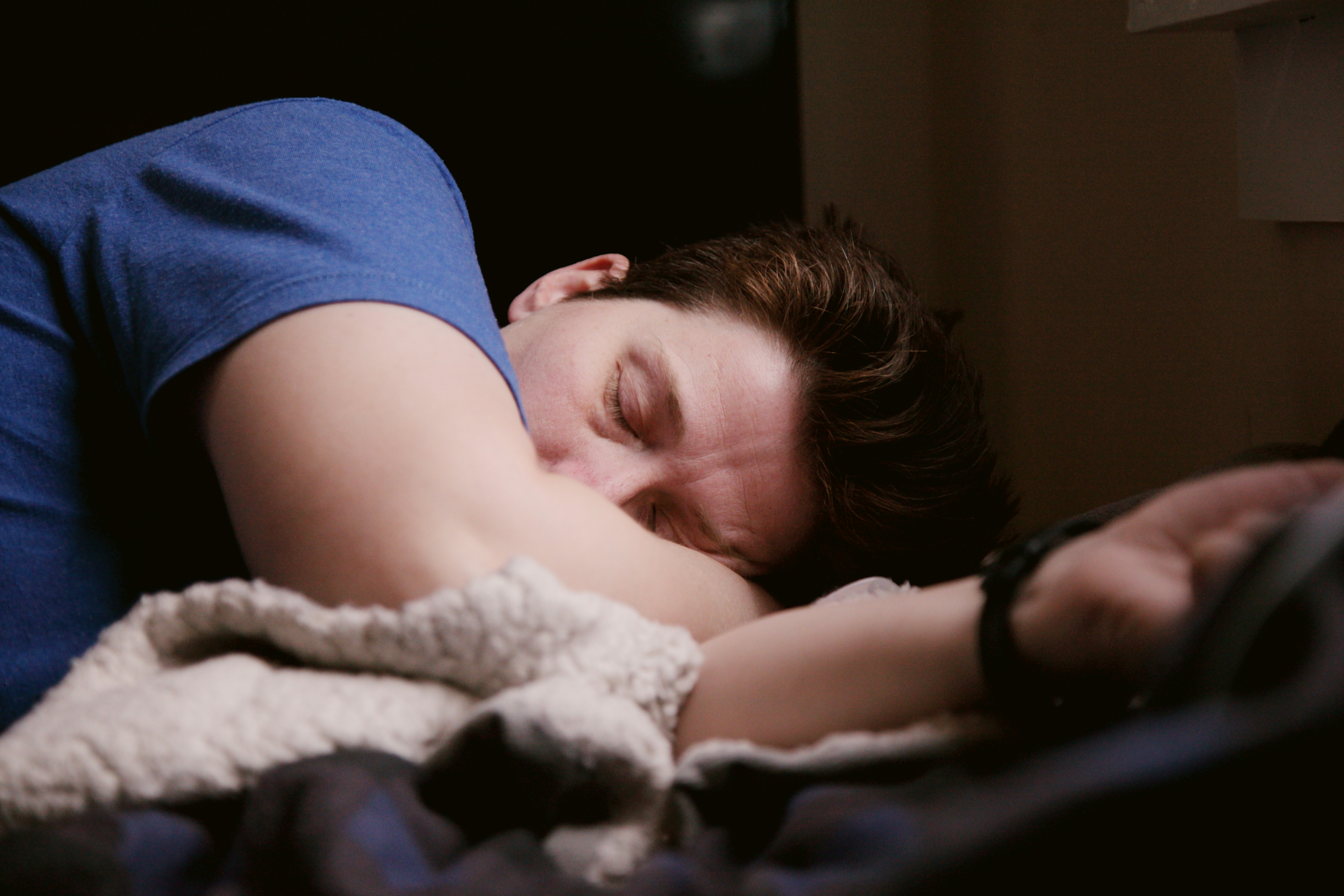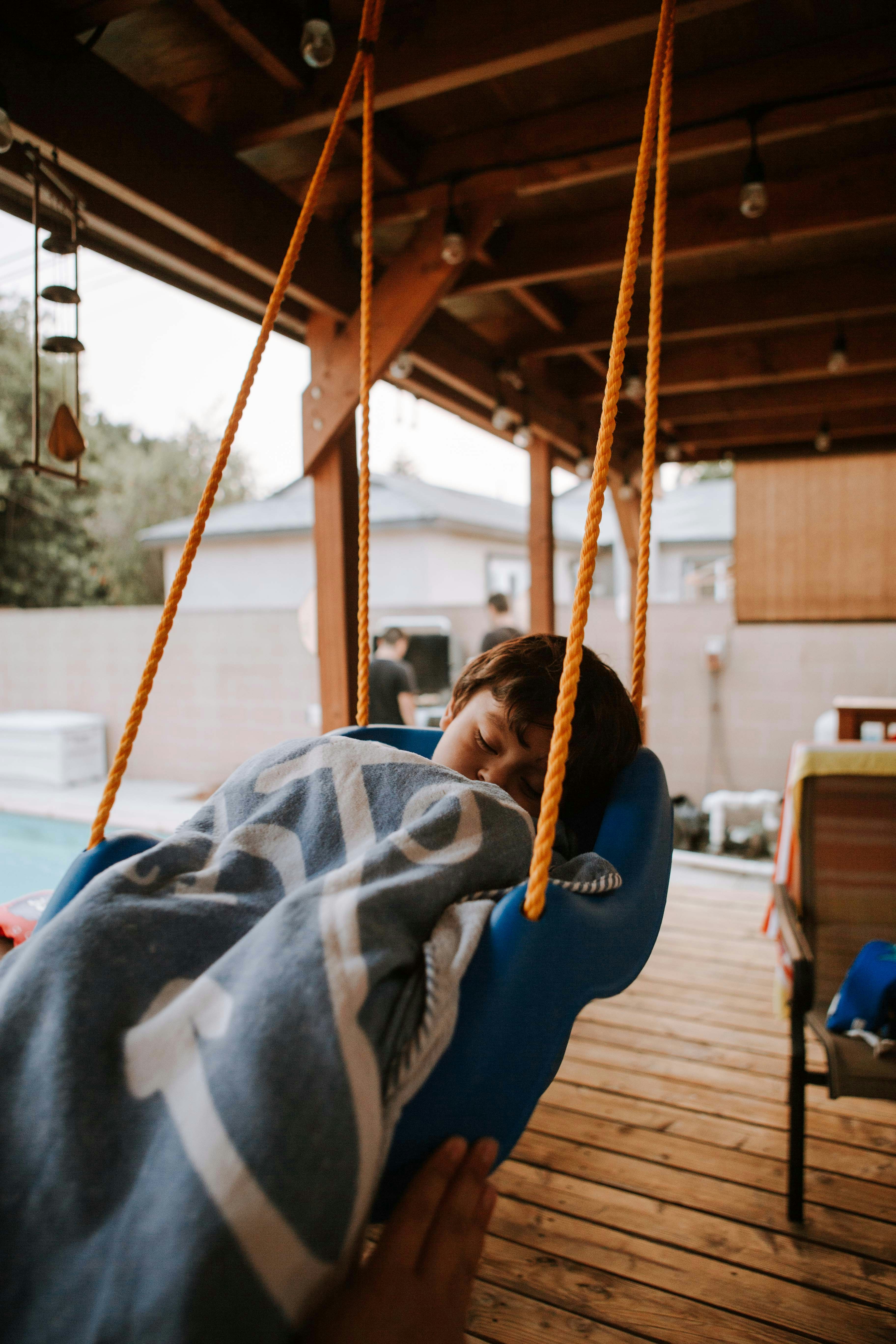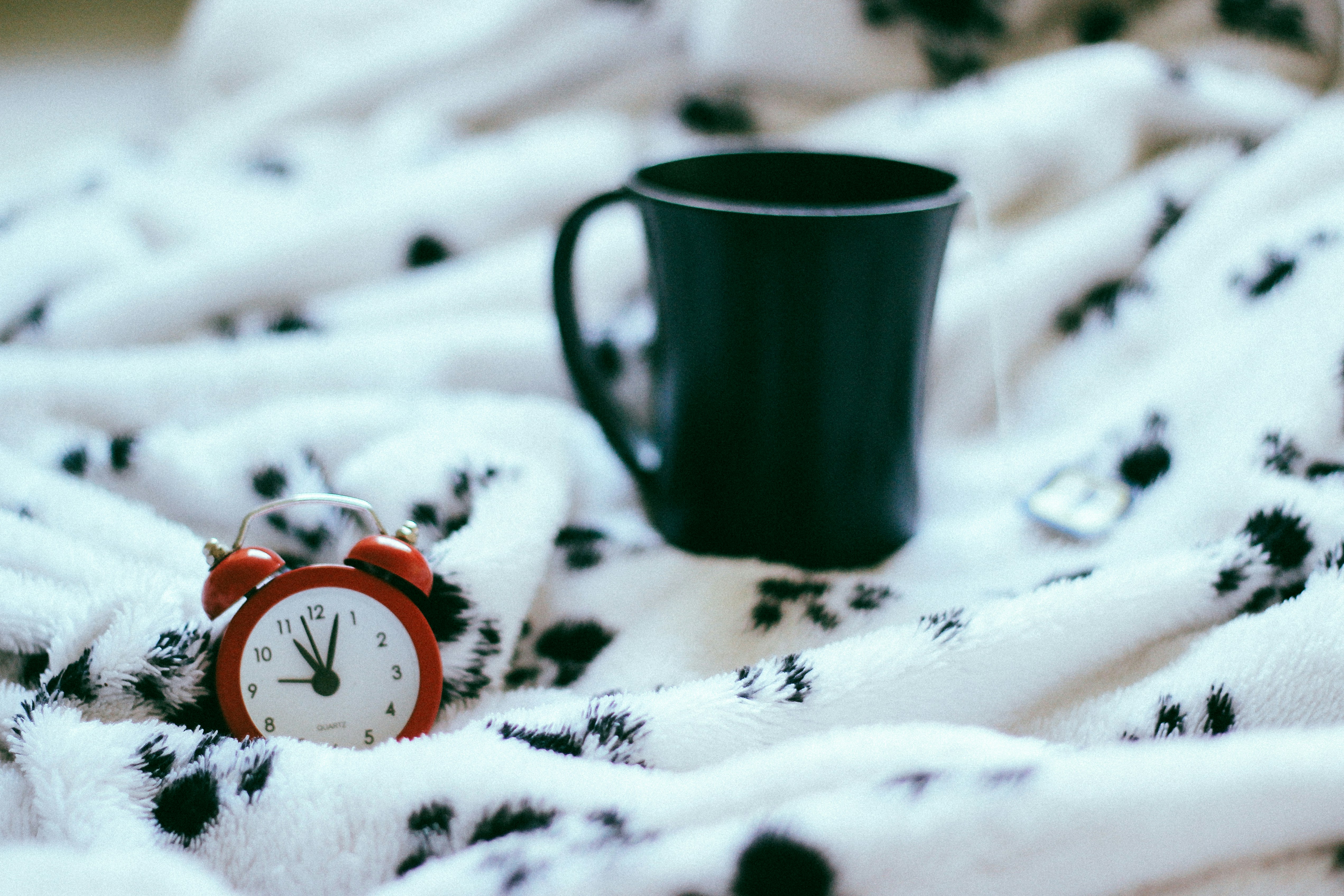The Power of Sleep: How a Good Night’s Rest Enhances Creativity and Problem-Solving

Introduction
We’ve all been there—staring at a blank page, hoping for a flash of brilliance to hit us. Or maybe you’ve been trapped in an endless loop of trying to solve a problem, but nothing seems to make sense. We’ve all heard the saying, "sleep on it," but what if we told you that sleep isn’t just a way to escape reality for a few hours? In fact, it might be the secret weapon to unlocking your creativity and solving problems more efficiently.
In this article, we’re going to explore how a good night’s rest can turn your brain into a problem-solving powerhouse and help your creative genius shine. Spoiler alert: it’s not just about sleeping in—you need quality sleep, not just quantity. Let’s dive in!
1. Sleep: The Original Brain Reboot
1.1 The Brain’s Clean-Up Crew
Imagine your brain as a cluttered desk. Papers are piling up, and you can barely see the surface. You’ve got ideas, memories, and random bits of information strewn all over the place. Now, enter sleep —the brain’s cleaning crew. When you sleep, your brain doesn’t just shut down; it gets busy tidying things up. It organizes information, discards unnecessary bits, and makes room for new ideas.
- REM sleep (that dreamy phase) is when your brain is most active. It processes emotions, solves problems, and connects dots you didn’t even know existed. It’s like your brain’s creative workshop, where ideas flow freely, and the impossible suddenly becomes possible.
1.2 Problem-Solving Superpowers
Ever found yourself stuck on a problem, only to wake up the next morning with a solution already in your head? That’s the magic of sleep! Your brain continues working on problems even when you’re unconscious. It forms new connections, strengthens memories, and essentially does a lot of the heavy lifting while you rest.
So, if you’re facing a tough challenge, don’t burn the midnight oil. Sleep on it instead. Your brain is doing some serious work behind the scenes while you dream about random stuff (like being chased by a giant marshmallow, but who’s counting?).
2. Creativity Boost: Sleep Makes You a Genius (Well, Sort Of)
2.1 Sleep and the "Aha!" Moment
Creativity doesn’t always happen when you’re consciously trying to force it. Sometimes, the best ideas come when you’re least expecting them—like when you’re in the shower, or, yep, when you’re sleeping. Sleep helps consolidate memories and enhances your brain's ability to make novel connections, which leads to those delightful Aha! moments .
- For example, many artists, scientists, and writers (ahem, we’re looking at you, Salvador Dalí) have credited sleep for their breakthroughs. Turns out, sleep is the secret sauce to creativity, and your brain is just waiting for you to close your eyes so it can work its magic.
2.2 How to Sleep Your Way to Genius
Here’s the thing: not all sleep is created equal. If you’re pulling all-nighters or only getting a few hours of shut-eye, you’re not giving your brain the time it needs to work its magic. Aim for 7-9 hours of solid sleep. And don’t forget that quality sleep matters too. It’s about getting enough deep sleep and REM sleep, not just snoozing away mindlessly.
- Want to be more creative? Create a bedtime routine that sets the stage for great sleep. Turn off the screens, read a book (preferably not about quantum physics unless that’s your thing), and allow your brain to ease into rest mode. This gives your creative brain the space it needs to work its nighttime wonders.
3. Sleep and Memory: More Than Just a Recall Mechanism
3.1 Memory Consolidation: Sleep’s Night Shift Job
Think of your memories like files on a computer. If you don’t properly save and organize them, they can get lost, corrupted, or just scattered. Sleep is like the ultimate filing system for your brain. It takes all the information you’ve learned throughout the day and files it away properly so you can retrieve it when needed.
- In particular, deep sleep (the kind where you’re in the deepest stages) is when the brain consolidates memories. This means you’ll be able to recall that piece of trivia you learned about a year ago, or even solve a math problem you’ve been working on for days. That’s right—sleeping actually helps you get smarter!
3.2 Dreaming of Solutions
Sleep doesn’t just help you store facts and figures—it also aids in the creative process by allowing you to make connections between different pieces of information. Those random dreams you have might actually be your brain’s way of solving problems or thinking outside the box.
- Who knows? Your next great idea might come to you while you’re dreaming about riding a unicorn through a forest of flying pizzas. (Hey, it happens.)
4. Sleep Deprivation: The Creativity Killer
4.1 Sleep Deprivation: The Brain’s Worst Enemy
If you think that cutting back on sleep will give you more time to work and be productive, think again. Sleep deprivation is like trying to work with a slow, outdated computer. It’s not efficient, and you’re likely to hit a lot of roadblocks.
- A lack of sleep impairs your ability to think clearly, make decisions, and solve problems. It also messes with your emotional regulation, making you more irritable and less likely to come up with creative solutions.
4.2 The Spiral of Unproductivity
What happens when you don’t sleep enough? Well, you get stuck in a cycle of frustration. You can’t focus, your creativity plummets, and the only thing you’re solving is how to stay awake for just five more minutes. Spoiler: It doesn’t work.
So, next time you’re tempted to skip sleep to "get more done," remember this: you’re only hurting your productivity in the long run. Sleep is your productivity secret weapon, not your productivity enemy.
5. Tips for Sleeping Your Way to Creativity and Problem-Solving Success
5.1 Make Sleep a Priority
The first step to unlocking your brain’s full creative potential is simple: get more sleep. Aim for a regular sleep schedule, and don’t sacrifice rest for work. Trust us, your brain will thank you.
5.2 Create a Sleep-Friendly Environment
If you want your brain to work its creative magic, give it a peaceful place to rest. Keep your room cool, dark, and quiet. And for the love of creativity, don’t check your phone before bed!
5.3 Embrace Power Naps
If you can’t get a full night’s sleep, a well-timed power nap (about 20-30 minutes) can give your brain a much-needed boost. Just don’t nap too late in the day or you’ll ruin your nighttime sleep.
6. Conclusion
So there you have it—sleep isn’t just a way to rest your tired body; it’s the key to unlocking your creative genius and problem-solving skills. If you want to be the next Picasso, Einstein, or at least the person who always has the best ideas at work meetings, make sure to get enough sleep!
Remember, your brain is busy working while you sleep, so don’t shortchange yourself. Sleep on it, and let your creativity and problem-solving abilities take off. Sweet dreams—and sweet solutions!
"Sleep is the best meditation." – Dalai Lama




